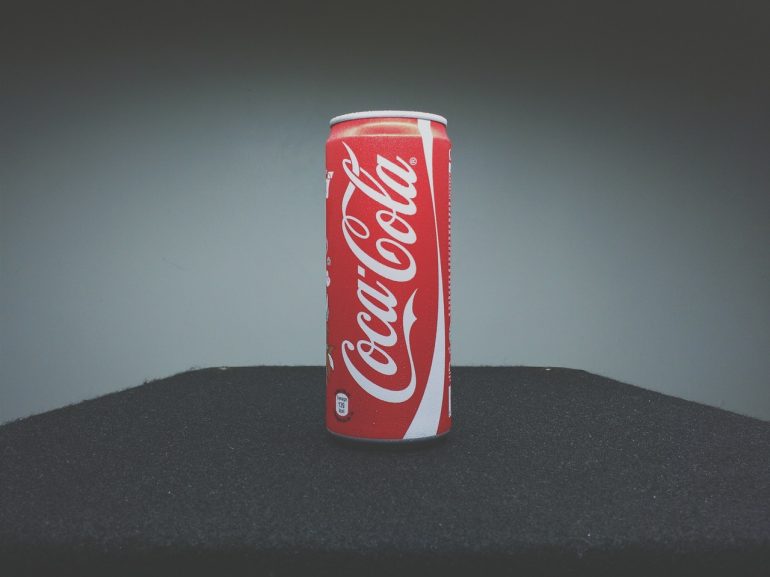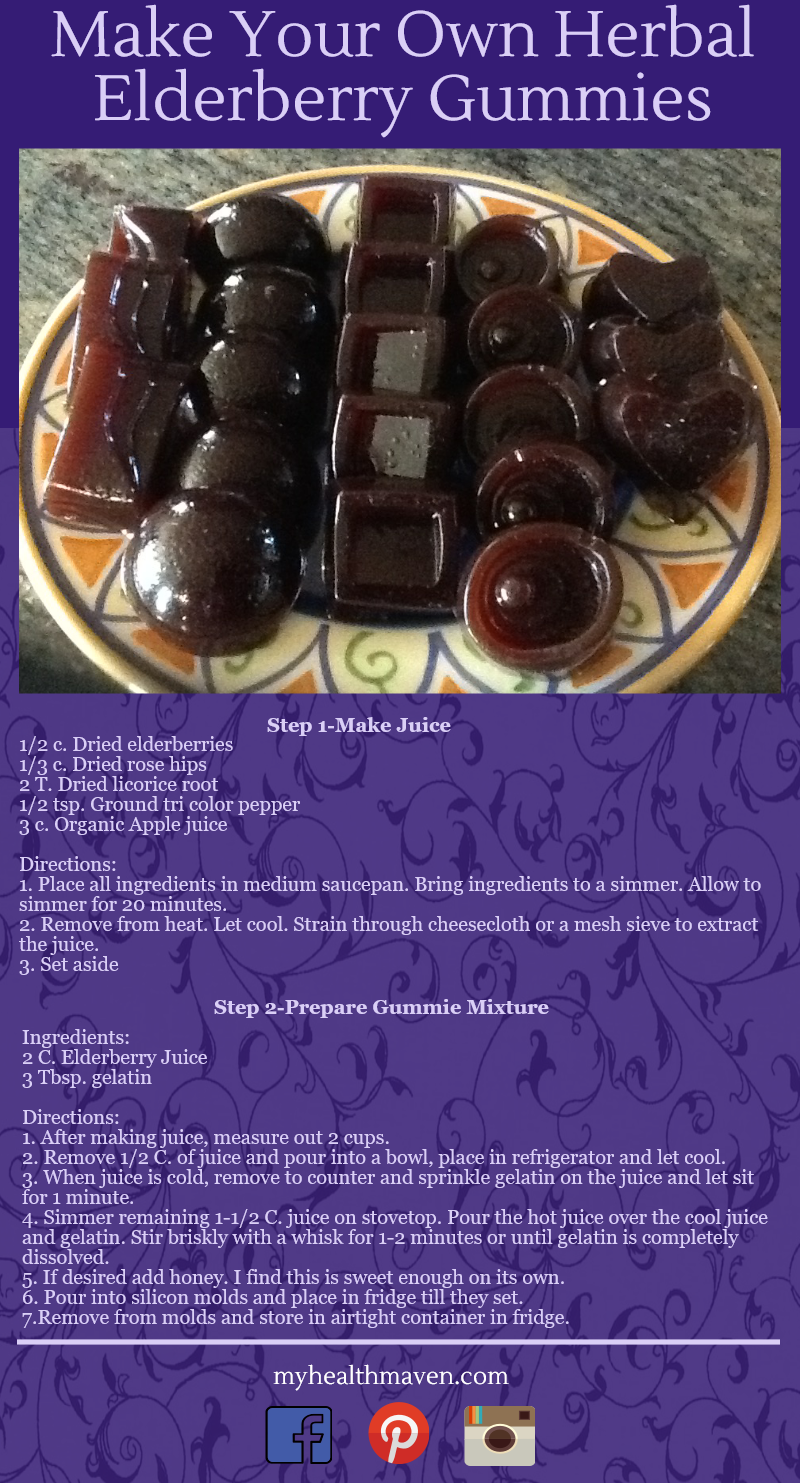The “Coke Is a Joke” infographic exposes the false weight loss and wellness claims of Coke in its diet soda line, which uses aspartame and other artificial sweeteners. Use the embed code to share it on your website.
<img src="http://media.mercola.com/assets/images/infographic/coke-is-a-joke.jpg" alt="aspartame side effects" border="0" style="max-width:100%; min-width:300px; margin: 0 auto 20px auto; display:block;"><p style="max-width:800px; min-width:300px; margin:0 auto; text-align:center;">The "<a href="http://www.mercola.com/infographics/coke-is-a-joke.htm"><strong>Coke is a Joke</strong></a>" infographic exposes the false weight loss and wellness claims of Coke in its diet soda line, which uses aspartame and other artificial sweeteners. Use the embed code to share it on your website.</p>Discover More…
Reported Aspartame Side Effects Cannot Be Ignored
Aspartame is the technical name for brand names NutraSweet, Equal, Spoonful, and Equal-Measure. In 1965, it was discovered by accident when James Schlatter, a chemist of G.D. Searle Company, was testing an anti-ulcer drug.
As this infographic shows, the approval of aspartame is the most contested in the history of the U.S. Food and Drug Administration (FDA). Taking into account the fact that:
- It accounts for more than 75 percent of the adverse food additive reactions reported to the FDA
- Over 10,000 complaints are filed
- Over 91 documented symptoms are related to its consumption
…you would wonder: why is aspartame even approved in the first place?
If these everyday adverse reactions and side effects still don’t create enough concern about the dangers of aspartame, the Brigham and Women’s Hospital from Harvard University conducted the first large-scale and long-term human study on aspartame, which spanned 22 years. Its findings include a clear link between aspartame consumption and increased risk of blood cancers.
You can count on the soda industry to act fast and exert pressure, leading the researchers to downplay these important findings. All the while Coca-Cola continues to make outrageous claims about how their aspartame-containing “diet” soda can lend a hand in your weight management…
A Look at Coca-Cola’s Fraudulent Advertising
Calorie-counting as a weight loss technique has been firmly debunked by scientific research. All calories are not created equal. And despite the lack of studies showing that drinking diet beverages rather than improving your overall diet lowers your weight, Coca-Cola continues to claim that “aspartame is a sweet alternative that’s a tool for weight management.”
What they refuse to tell you is that your body simply isn’t fooled by the lack of calories in these sweetened foods. Studies have repeatedly shown that artificial sweeteners appear to cause even greater weight gain than calorie-laden ones.
Aspartame, for instance, has been demonstrated to worsen insulin sensitivity to a greater degree than plain old sugar, which is a concrete danger for diabetics who follow recommendations to switch to diet sodas for disease management.
This infographic provides the specific numbers and details on how aspartame can cause weight gain and a wide range of adverse reactions, contrary to Coke’s fraudulent claims.
Part of Coca-Cola’s deceptive scheme, of course, is to boast the approval of regulatory authorities – including the FDA – of aspartame, despite the glaring truth that the FDA itself denied approval of the artificial sweetener for 20 years because of worrisome data.
This is deception on a grand scale, and you should never fall for it. Use this infographic to start changing your diet for life, eliminating all soda and sticking to truly healthful, life-enhancing foods that will help you on your journey to take control of your health.
Share this infographic with your family and friends to spread this valuable information.









